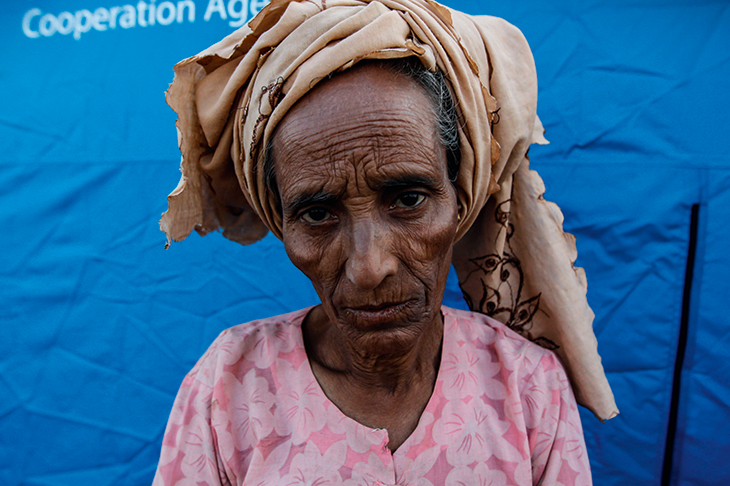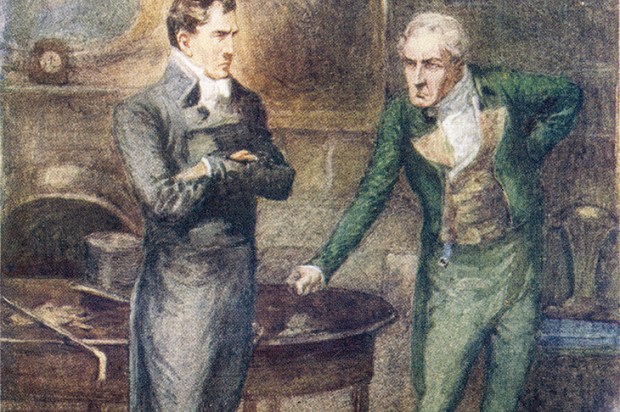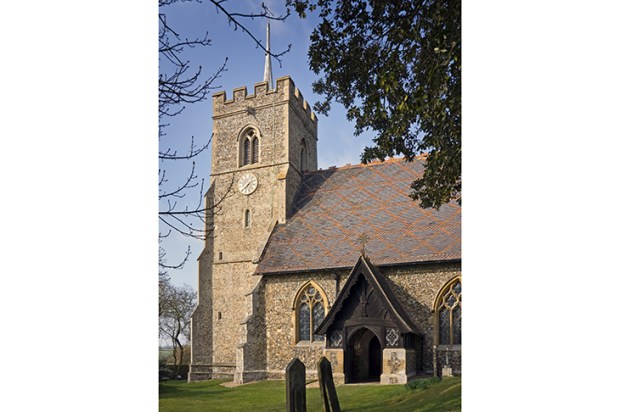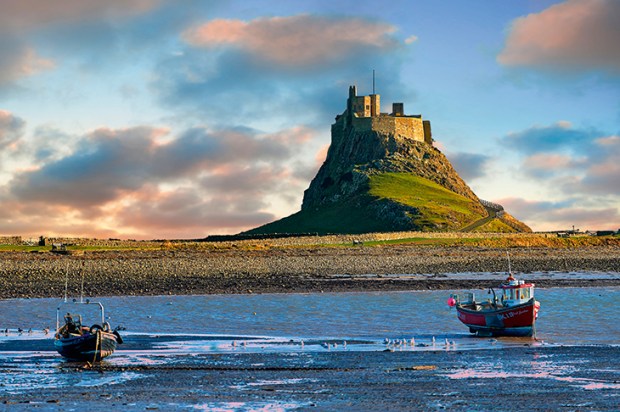My local shop in Yangon was owned by a retired army officer and his wife and guarded by their handsome coal-black dog. When I asked the name of the hound the man smiled and said ‘Kalar’, before enquiring if I knew the meaning of the word. I did. Kalar is a racial slur, employed originally by the Burmese to describe the darker-skinned immigrants from India brought to Burma by the British as cheap labour in the colonial era.
More recently, the word has come to be used as a derogatory reference to Burma’s Muslims, and especially the reviled Rohingya minority in the far western state of Rakhine. The use of the insult has become so pervasive since the persecution of the Rohingya began making global headlines in 2012 that Facebook, by far the most favoured means of communication in Burma, now automatically censors any post that includes the word.
Being called a kalar was a daily de-humanising experience for the Rohingya activist and writer Habiburahman when he was growing up in Rakhine State in the 1980s. He was also known as ‘10 per cent’ to his Buddhist classmates, because the Rohingya were considered to be only part-human. But Habiburahman thought himself lucky to be attending school. Even 30 years ago, the Rohingya were being denied access to education, as well as healthcare.
No one referred to Habiburahman as a Rohingya because his people had lost the right to use that name in 1982. That was the year Burma’s citizenship law was changed by the then ruling junta to exclude the 1.4 million Rohingya from the list of Burma’s 135 officially recognised ethnic groups. The Rohingya have been effectively stateless since then, typed as illegal immigrants from Bangladesh, despite the fact that there has been a significant Muslim presence in Rakhine State since at least the 15th century.
But twisting history to suit their own repressive purposes was a speciality of the golf-playing generals who snatched power in a 1962 coup, thereby consigning Burma to almost 50 years of military misrule. And their revisionism has had the desired effect. When 700,000-odd Rohingya were forced out of their homes and across Rakhine State’s border with Bangladesh by the Burmese army in 2017 — an operation the United Nations described as ‘a textbook example of ethnic cleansing’ — their plight drew little sympathy in Burma.
One of the reasons why the Burmese state has been so successful in erasing the Rohingya from the landscape is the fact that the Rohingya have very little written history of their own to counter the false narratives deployed by the army and the current government. Their grim story is told mainly through death tolls and the head counts in refugee camps.
Habiburahman’s book is a rare first-hand account of what the Rohingya have had to endure over the past few decades, and especially valuable because the events it describes took place long before most of the world had heard of them. Told in short, punchy chapters, written in an urgent present tense, Habiburahman details the experiences of his family to reveal how the Burmese army has been brutalising his people since the 1960s.
Perhaps the most remarkable part of the book comes when the author as a teenager flees Rakhine State, acquires a fake identity card and enrols in a provincial college to study for the degree he so desperately wants. Some people still call him kalar, but he is no longer officially a Rohingya, and so for the first time in his life has freedom of movement.
Brave, but also foolhardy, Habiburahman became involved with a cell of pro-democracy activists. Betrayed to the authorities, he escaped to Thailand and then Malaysia in 2000. There, he and other undocumented Rohingya were at the mercy of people-traffickers. His way out was to embark on an unseaworthy boat bound for Australia, where he now lives, in Melbourne, after a prolonged period in a detention centre.
If Burma’s generals are the principal villains of this deeply depressing story, Habiburahman also wants Aung San Suu Kyi to take her share of the blame. Her failure to speak out against the army’s actions in Rakhine State is damning and disgraceful. While she was in Oslo in June 2012, making her much delayed acceptance speech for the Nobel Peace Prize she was awarded in 1991, Rohingya villages were being attacked by soldiers and civilian mobs.
The West also played an inglorious part as the Rohingya tragedy unfolded in 2012, averting its gaze from the violence while placing a blind faith in Aung San Suu Kyi that she has done little to justify since becoming Burma’s leader. As Habiburahman puts it: ‘My people disappeared in the euphoria of a new age of democracy.’ Peace and prosperity, though, remain sadly elusive in Burma. And if they’re ever achieved, it will be too late for the Rohingya.
Got something to add? Join the discussion and comment below.
Get 10 issues for just $10
Subscribe to The Spectator Australia today for the next 10 magazine issues, plus full online access, for just $10.
You might disagree with half of it, but you’ll enjoy reading all of it. Try your first month for free, then just $2 a week for the remainder of your first year.














Comments
Don't miss out
Join the conversation with other Spectator Australia readers. Subscribe to leave a comment.
SUBSCRIBEAlready a subscriber? Log in